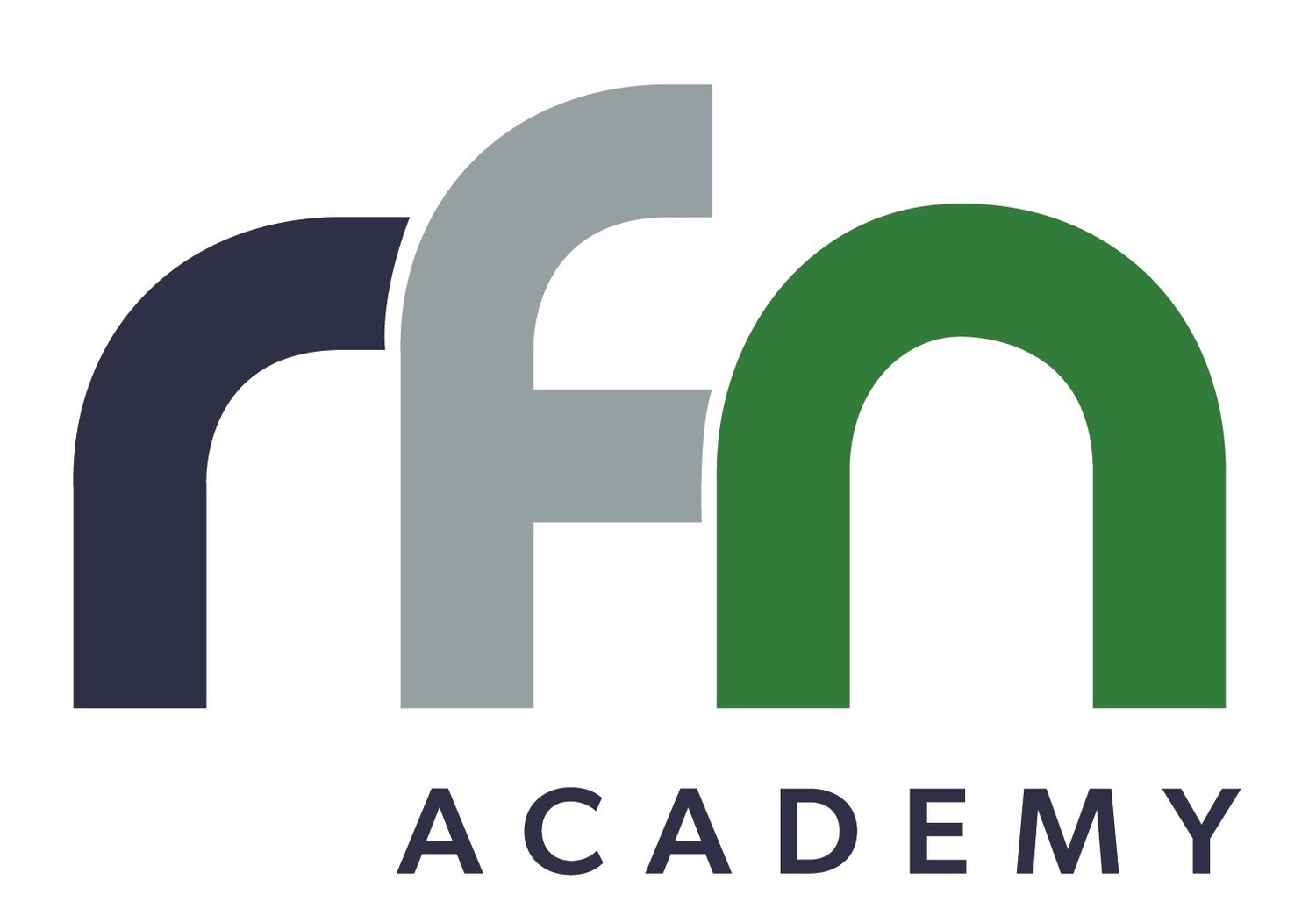
resources
Find what you are looking for:
resources by topic
The Strategic Imperative: Encouraging Business Owners to View Their Ventures Through Investor Eyes
This article highlights the pivotal role of advisors in guiding business owners’ ventures and encourages them to advocate for entrepreneurs to adopt an investor-centric perspective. By encouraging business owners to view their ventures through the eyes of outside investors, advisors facilitate objectivity, long-term value creation and the identification of strengths and weaknesses. Access to capital (if desired), strategic alignment and accountability are also benefits, ultimately positioning businesses for sustained growth and resilience. Ready for Next's “See Your Business Through the Eyes of an Investor” assessment tool is a practical step for owners to gain insights into their ventures' investor appeal, underscoring the advisor's role in helping an owner succeed.
All the world’s a stage but that doesn’t mean people want a performance
Performative allyship is especially insidious because it can be incredibly difficult to identify and address. The kind of workplace engaged in this performance is almost certainly seeing high rates of attrition from underrepresented employees who feel powerless to do anything about the unfair and unequal treatment they experience. Learn about the difference between good and bad allyship, why your people care and why you should too.
The Higher They Rise
From being ostracized or penalized because of success or achievements, to being told their ambition is annoying or makes superiors look bad, women are actively being punished for expressing interest in and pursuing success.
how will you navigate the year ahead?
Whether you’re a diehard fan of new year’s resolutions or you’d prefer to ditch the resolutions in favor of something less rigid, there is something to be said about the power of strategic planning, specifically the act of setting goals, at the beginning of a new year. Much like wayfinding, goals are the signposts helping us navigate through uncharted or difficult territory. They’re how we can step back and take stock of our progress and determine what remains to be done.
quiet quitting
Quiet quitting is more about defining personal boundaries than “sticking it to the man.” Perhaps quiet quitting is an answer to an extended period of time where “going above and beyond” at work has become normal and expected. This article will explain more about quiet quitting.
the link between psychological safety and business culture
What if at your last innovation or strategy session the million dollar idea wasn’t said out loud? People are less likely to speak up and share their ideas if the environment doesn’t promote psychological safety.
diversity and inclusion helps in measurable and immeasurable ways
Diversity and inclusion help in obvious ways and also in subtle ways. These may sound like “fluffy” HR issues, but for more and more employees they are becoming a reason to stay or leave an organization.
If your business relies on innovation to grow and make money, then consider the value of diversity to your team. According to statistics from Deloitte “cognitive diversity can enhance team innovation by up to 20%.”
3 myths about diversity and inclusion
RFN Academy contributor Felicia Johnson exposes the three biggest diversity and inclusion myths.
Some people might be hesitant to explore diversity and inclusion because they believe acknowledging difference is a divisive act that creates rifts and inequality when in fact, the very opposite is true. individuals are wanting more connection within their workplace.
Read this blog to dispel these myths and how diversity and inclusion can build value in your compnay.
successfully spanning the curve
Successfully transitioning a family businesses have dismal statistics. Succession planning in families has built-in complications and yet ongoing legacy depends on it.
the challenge and opportunity of growing your business
Timing is everything and four other tips for growing your business.
how does your retention strategy fare against the Great Resignation?
As a business owner, one of the best ways to ensure your business is both attractive and competitive is to have a retention strategy that addresses current, real-world employee stressors and needs.
Contingency planning: In case of emergency - break glass
Cindy Reid-Shelton appeared on Poised for Exit with Julie Keyes to talk about the importance of contingency planning for businesses.
curvespanning: a new way of thinking about family business transitions
Lack of proper succession planning is primarily to blame for 70% of family businesses failing to transition between first- and second-generation owners.









































